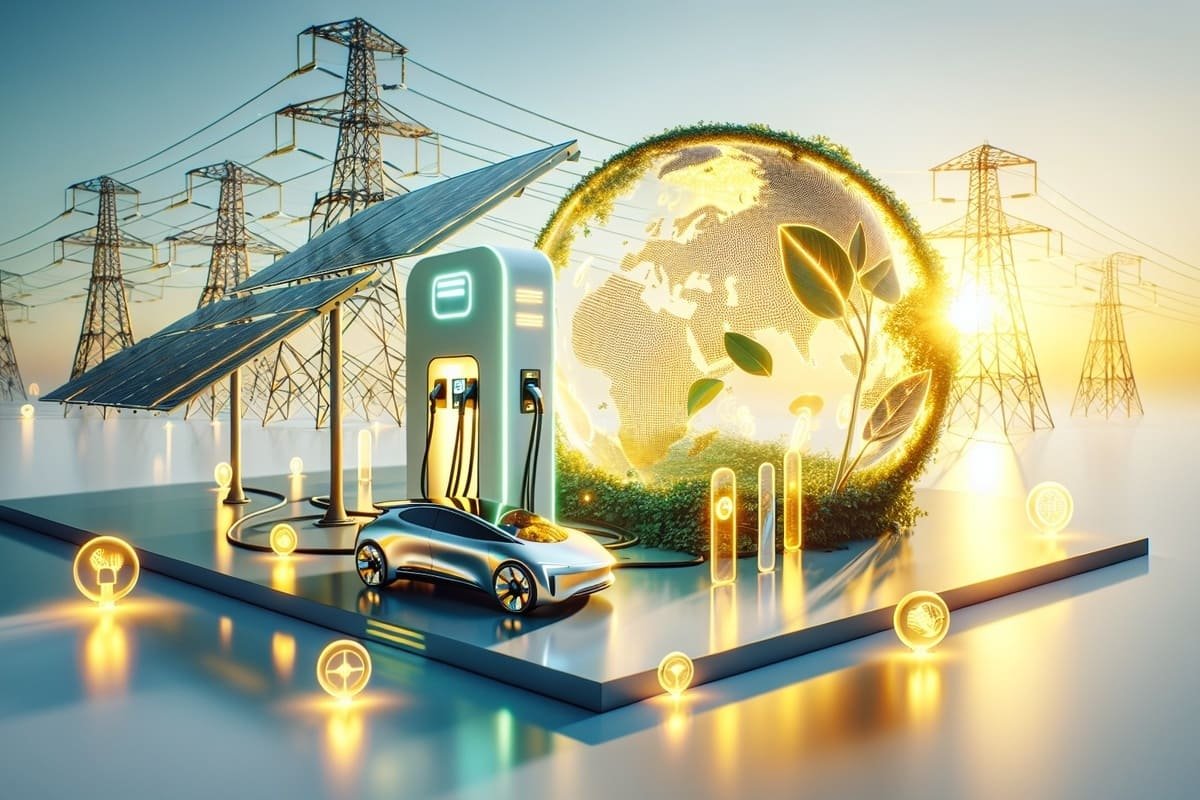The number of individuals interested in electric cars is increasing in the United States as well as Europe. These changes are not only brought about by the increase in technology but also by significant rules and decisions of governments. These policies and political measures contribute to the process of the sale of electric cars. We would take a look at some of the major factors impacting EV sales in the two large markets.
Government Rules and Incentives
The financial assistance the government offers people in terms of money is one of the primary factors that motivates more people to purchase electric cars. The government in the US provides tax credits and incentives to EV purchasers. As an illustration, when it comes to a special tax credit, the price can be reduced by thousands of dollars. This renders electric cars more pocket-friendly. Moreover, these credits have been expanded to the new cars as well as used electric cars and commercial EVs. This expansion implies that an increase in vehicle products is supported, and this assists in a higher level of sales.
There are various types of support provided by countries in Europe. Some countries offer refunds upon purchasing an electric car or lower taxes that are supposed to be paid. Other benefits are granted by others, such as free parking or access to bus lanes, which save drivers money and time. This is the advantage that makes electric cars more appealing as opposed to standard gasoline cars.
Rules About Car Sales
There are governments that have put up stringent regulations on the type of cars that should be sold soon. An example is in California, where the sale of zero-emission cars will not be allowed until 2035. It implies that no additional cars based on gasoline engines will be sold after this year. This is a possible direction taken by other US states. Europe, too, has strict regulations regarding automobile emissions, which compelled the automobile manufacturers to push further and sell more electric vehicles to stick within limits.
The significance of these rules is that they compel car manufacturers to pay attention to electric cars. They cannot sit down and continue producing more gas vehicles and selling them. This provides electric vehicles with a mega drive.
Charging Stations
The presence of locations to charge electric cars is another large force. The challenge of not having enough power to reach home is a concern for people with a condition termed range anxiety. The US and European government are also trying their best to construct numerous additional charging stations. As an illustration, the US government has intended to put up 500,000 new chargers. This initiative simplifies and makes the ownership of an electric car more convenient.
Europe has a plan, too. Several nations are investing in the expansion of their charging systems and, in particular, fast chargers, which have the capability of filling their cars in a short time. The more superior and widespread these stations are, the larger the demand to purchase electric cars.
Political Support and Public Plans
Political leaders and parties play a big part in promoting electric vehicles. In both the US and Europe, some governments see EVs as a way to fight climate change. So, they make plans and set goals to increase electric car use. These promises show the public that supporting EVs is a priority.
For example, the Inflation Reduction Act in the US aims to increase clean energy use and reduce pollution. It includes support for electric vehicles as part of this plan. These kinds of policies send a strong message that electric cars are the future.
Local government rules can also help. Cities might set rules that encourage people to switch to electric cars or make it harder to drive gasoline cars. Low-emission zones in some European cities restrict older polluting cars, pushing drivers to electric options.
Future Outlook
Looking forward, the sales of electric cars in the US and Europe will depend a lot on how rules and political decisions change. Governments may offer more help or set new, stronger laws to support zero emissions. They may also invest more in charging stations and battery production.
However, changes in political leadership can also affect these plans. If a government that supports EVs loses power, some programs may slow down or stop. On the other hand, more countries and local areas are making EV support a part of their long-term plans, which will help sales grow steadily.

